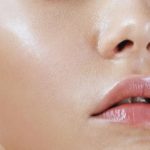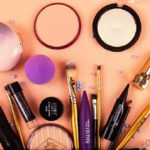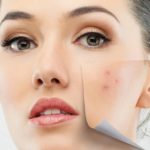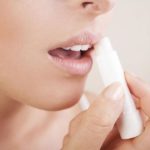Basic Skincare
Basic skincare is a process that needs to be consistently carried out daily and in the long term. No matter how good your skincare routine is, it will be in vain if you neglect moisturizing and sun protection.
You should not let your skin age before starting a skincare routine because at that point, no matter how you take care of your skin, it will only help improve the skin and not reverse the aging process.
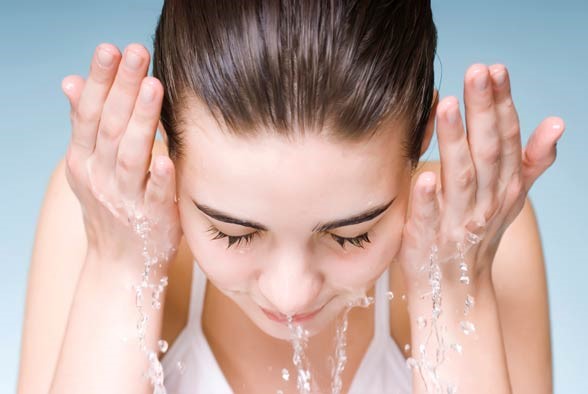
For acne-prone skin, you need to treat the acne first before using skincare targeted for acne-prone skin. The final step is to treat hyperpigmentation (if any) and then use whitening products. Avoid using multiple chemical acne treatment agents at the same time. If you have had acne for a long time, just external care is not enough, you should also look at your diet, psychological state, and overall health.
There is no best skincare product, what matters is using the right skincare product for your specific skin condition to achieve the best results. You should also not expect to use one type of serum for all skin conditions.
– Depending on your skin type, you should choose different types of face masks. The correct skincare steps are: Makeup remover (evening) – Facial cleanser (twice a day, morning and evening) – Exfoliator (maximum twice a week in the evening) – Face mask (twice a week in the evening) – Toner (evening) – Serum (thin consistency before thick consistency) – Moisturizer/Whitening cream/Spot treatment cream (evening) – Sunscreen (morning).
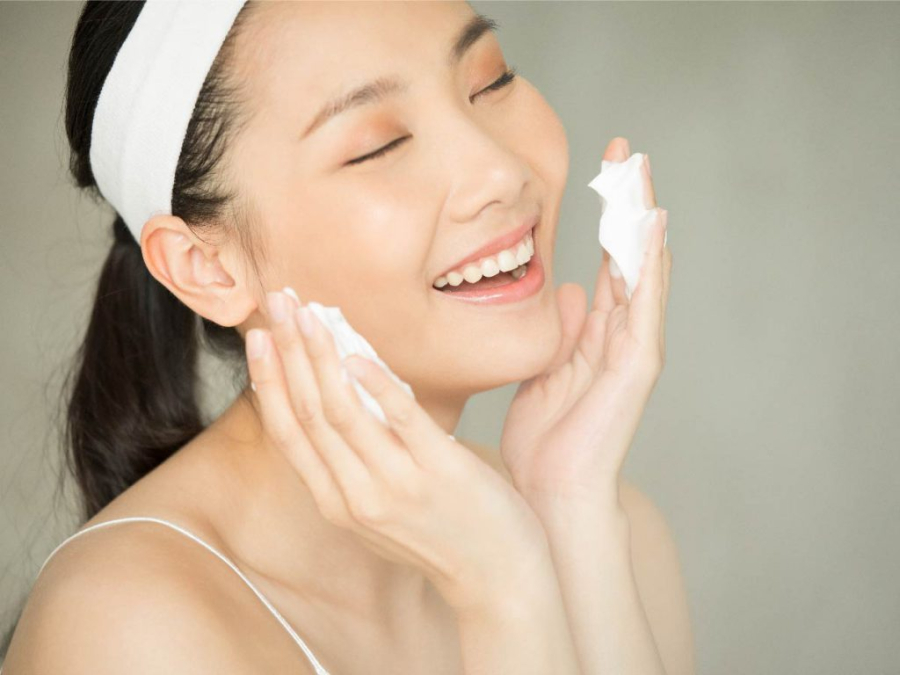
Simple Daily Skincare Steps
Step 1: Cleanse the skin
– Use water-based makeup remover for dry skin; spray or gel form for oily skin, acne-prone skin.
– Milk cleansers are suitable for dry skin. Foaming cleansers are suitable for oily skin, acne-prone skin, and large pores. Gel cleansers are preferred for sensitive skin that is easily irritated.
Step 2: Exfoliate the skin
– If you have dry skin, choose exfoliators with moisturizing ingredients. If you have oily skin, choose exfoliators with activated charcoal. If you have acne-prone skin, choose chemical exfoliators and avoid physical exfoliators.
Step 3: Toner for the skin
– For dry skin, use a toner containing high moisturizing ingredients such as hyaluronic acid, glycerin, rose extract, purslane extract, aloe vera extract.
– For oily, acne-prone skin, use a toner after cleansing for 15 minutes to allow the skin to balance itself. Choose toners with AHA and BHA ingredients. Avoid toners that contain alcohol, synthetic fragrances, parabens, and mineral oil.
Step 4: Moisturize the skin
– For dry skin, choose creamy moisturizers.
– For oily, acne-prone skin, avoid mineral oil, parabens, lanolin, comedogenic ingredients, and alcohol.
Prioritize using moisturizers with a gel-like, fast-absorbing texture for oily, acne-prone skin that does not leave a greasy feeling.
Step 5: Sun protection
– For dry skin, choose sunscreen with an SPF of over 30 to provide comprehensive protection for the skin.
– For oily, acne-prone skin, choose sunscreens that contain zinc oxide and titanium, which are two safe and gentle ingredients.

























